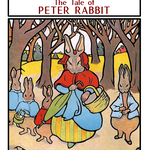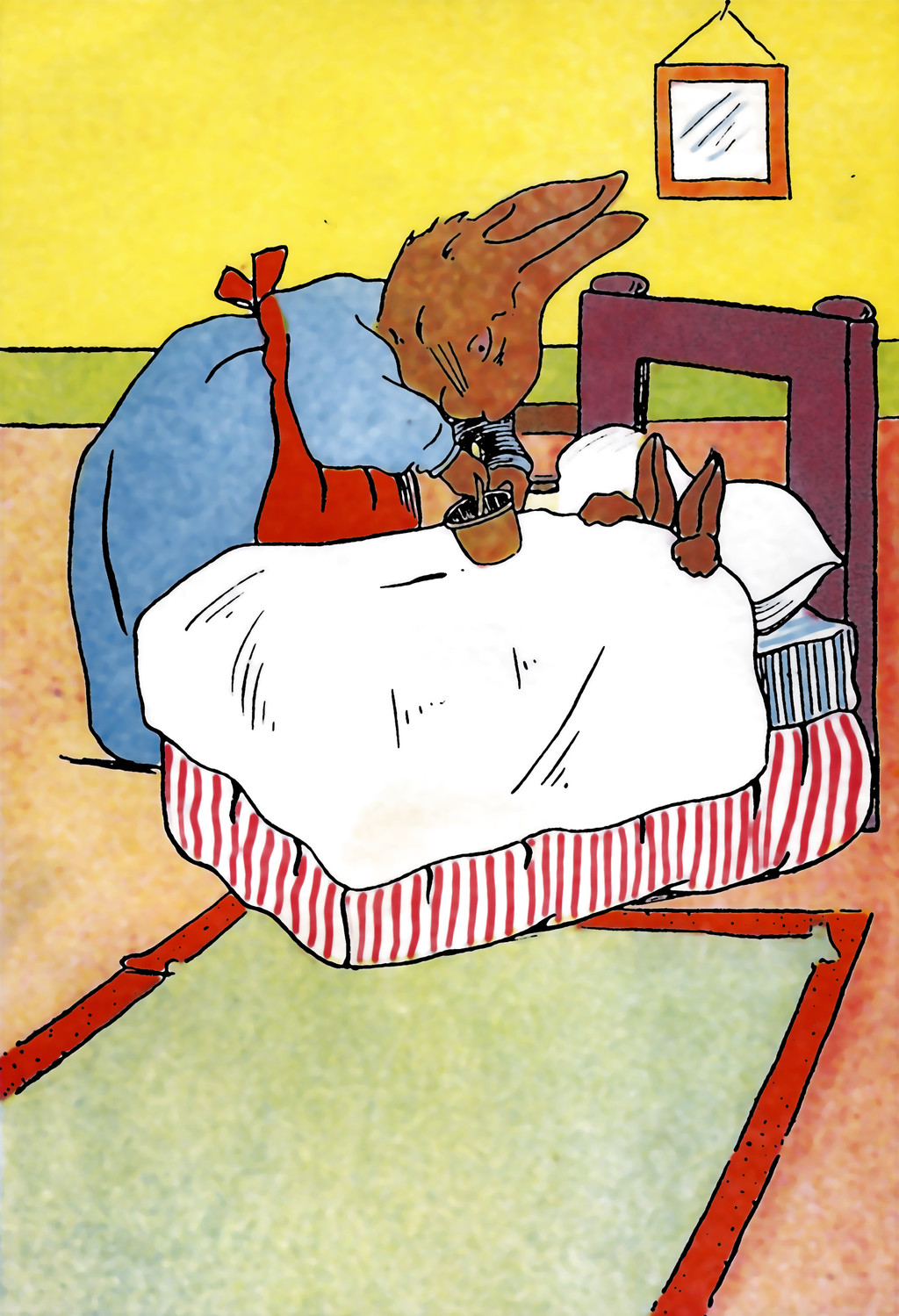
Click Here for the Online Language Class
Cherokee 1 is a introductory level language class that is geared towards first time students that have never been exposed to the language. This class will introduce Cherokee phonetics and pronunciations.

Click Here for the Online Language Class
Cherokee 1 is a introductory level language class that is geared towards first time students that have never been exposed to the language. This class will introduce Cherokee phonetics and pronunciations.

Click Here for the Online Language Class
RSU Public TV in partnership with the Cherokee Nation is offering beginner classes teaching the Cherokee Language. These classes are taught by Cherokee Nation language instructor Wade Blevins along with first language speakers as guests throughout the course.


Ꮎ ᎧᏃᎮᏓ ᏈᏘ ᏥᏍᏚ
The Tale of Peter Rabbit
Copyright 2016, Michael Conrad
ISBN: 978-1-365-08907-7
$Revision: 1.12 $
$Date: 2020/01/29 00:00:29 $ UTC
Creative Commons Attribution-Share Alike 3.0 United States License.
☞ The Ꮒ- prefix can be combined with the special suffix -ᎥᎾ (-v⁴nạ) on past events to create a “without” meaning.
ᎤᏬᏂᏒᎢ. “He/she spoke.”
ᏄᏬᏂᏒᎾ. (Ꮒ + ᎤᏬᏂᏒᎢ + ᎥᎾ.)
ᏣᎳᎩ ᏄᏬᏂᏒᎾ ᎤᏬᏂᏎᎢ.
If you take the Remote Past form and then add the special prefix “dạ-” and replace the “-vi” ending with “-ị” you create the Completive Future form. If the Present Tense form uses “Set A” pronouns, then use “Set A” pronouns and not “Set B” pronouns. ☞ This indicates much the same meaning as the English “will… ” forms that do not use “be… ing”.
If you take the Present Habitual form and replace the ending “-o³ɂi” with “-e³sdi” you end up with the Future Progressive form. This form indicates an action that will be ongoing at a certain point in the future. ⚠ The tone is important.
☞ Note how this matches “ᎨᏐᎢ (gesoi) - often is being” and “ᎨᏎᏍᏗ (gesesdi) - will be being”.
The words ᎠᎭᏂ (here), ᎾᎿ (that place there), ᎤᎿ (there), and ᎠᎨ (over there) can also be used to indicate location like the English “where he”, “where she”, and “where they” when the location of “where” is being referred to in a non-questioning way.
If you take the Present Habitual form and replace the ending “-o³ɂi” with “-v³ɂi” or “-e³ɂi” you create the Past Progressive form. This form indicates an action that was ongoing at a certain point in the past.
☞ Note how this matches “ᎨᏐᎢ (gesoi) - often is being”, “ᎨᏒᎢ (gesvi) - was being”, and “ᎨᏎᎢ (gesei) - was reportedly being”.